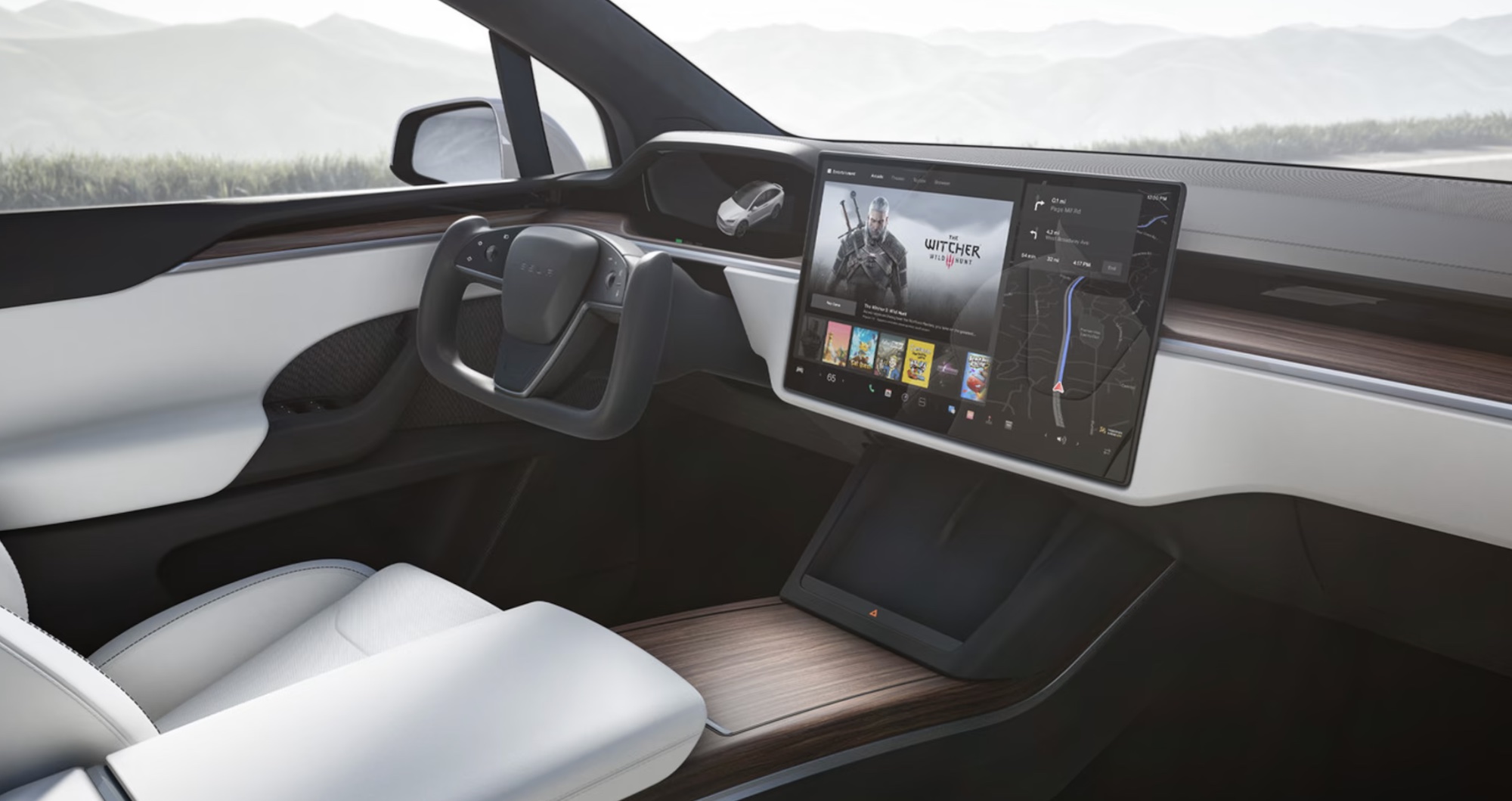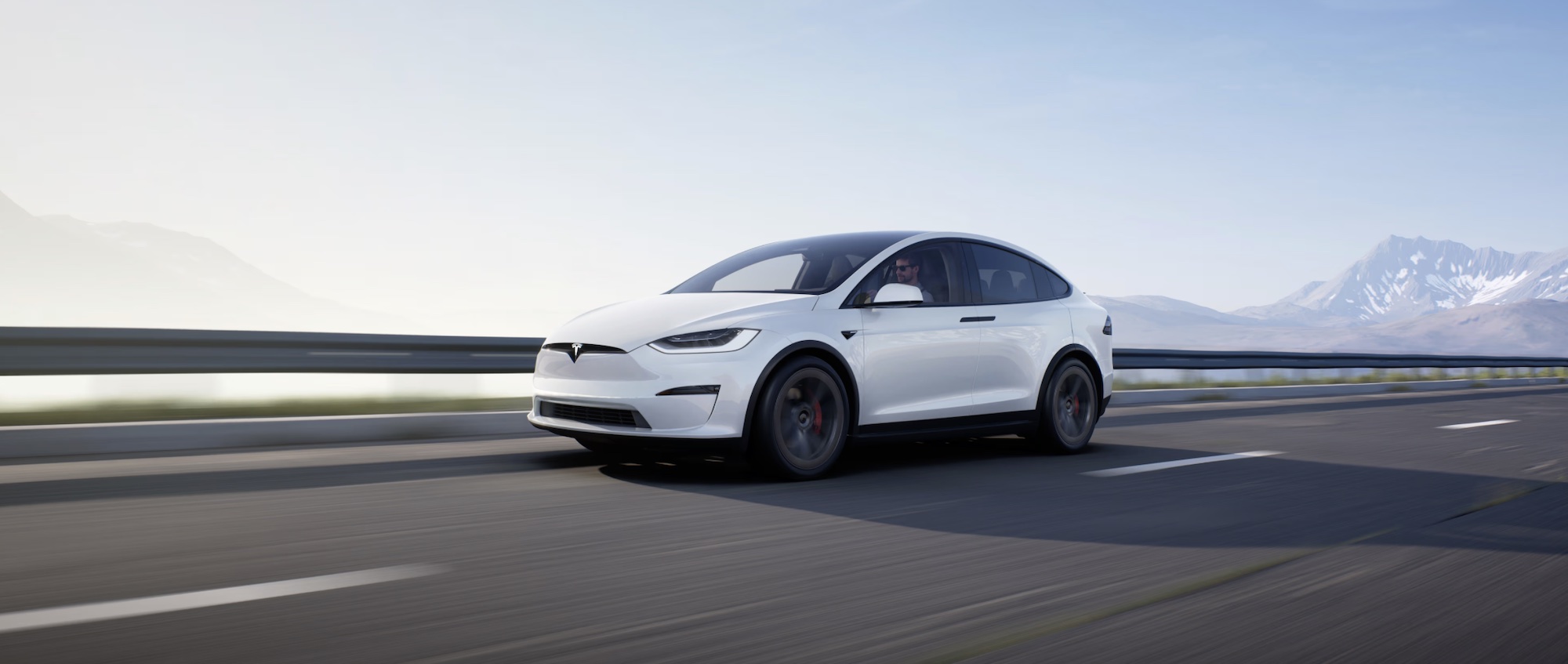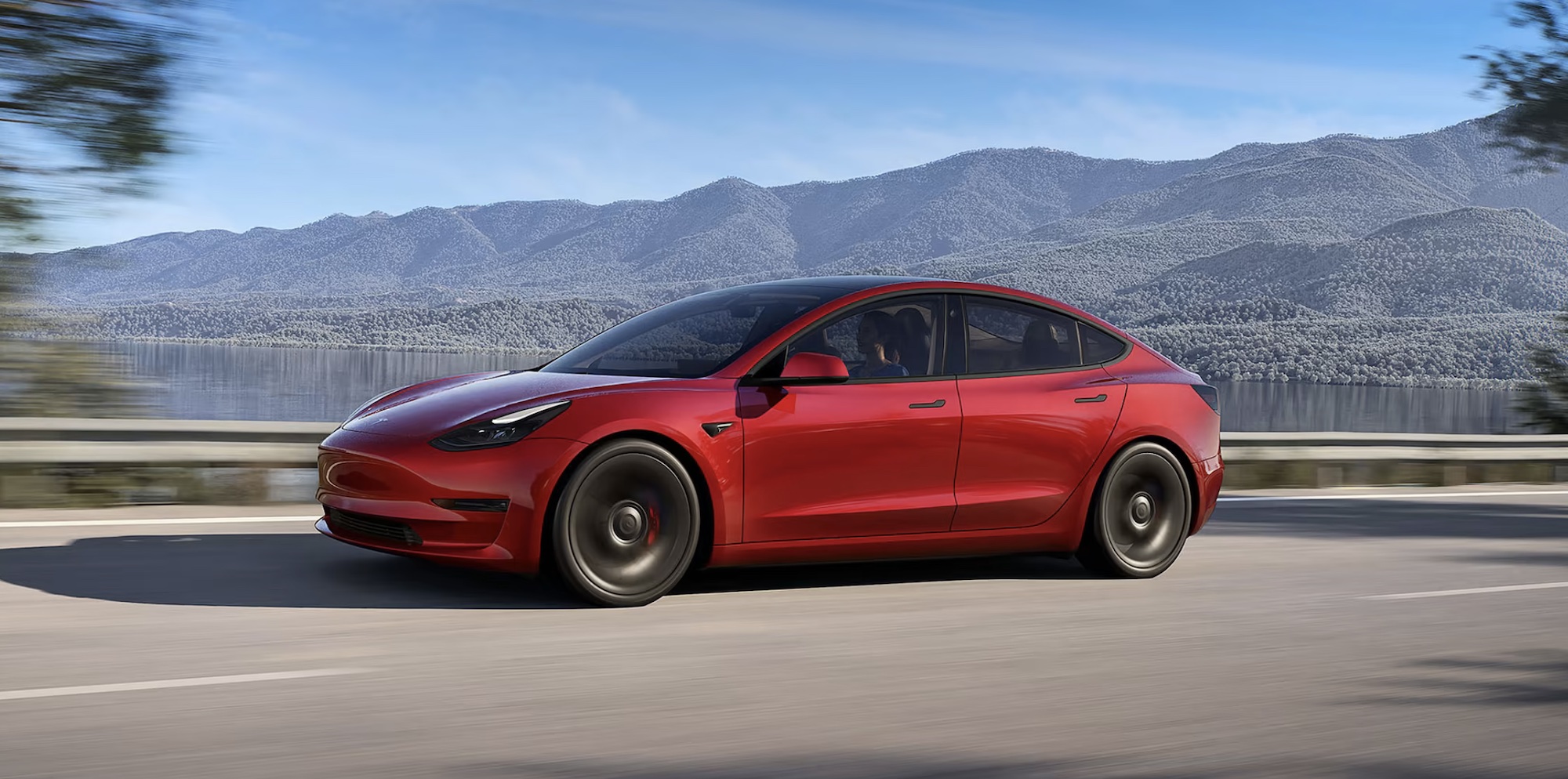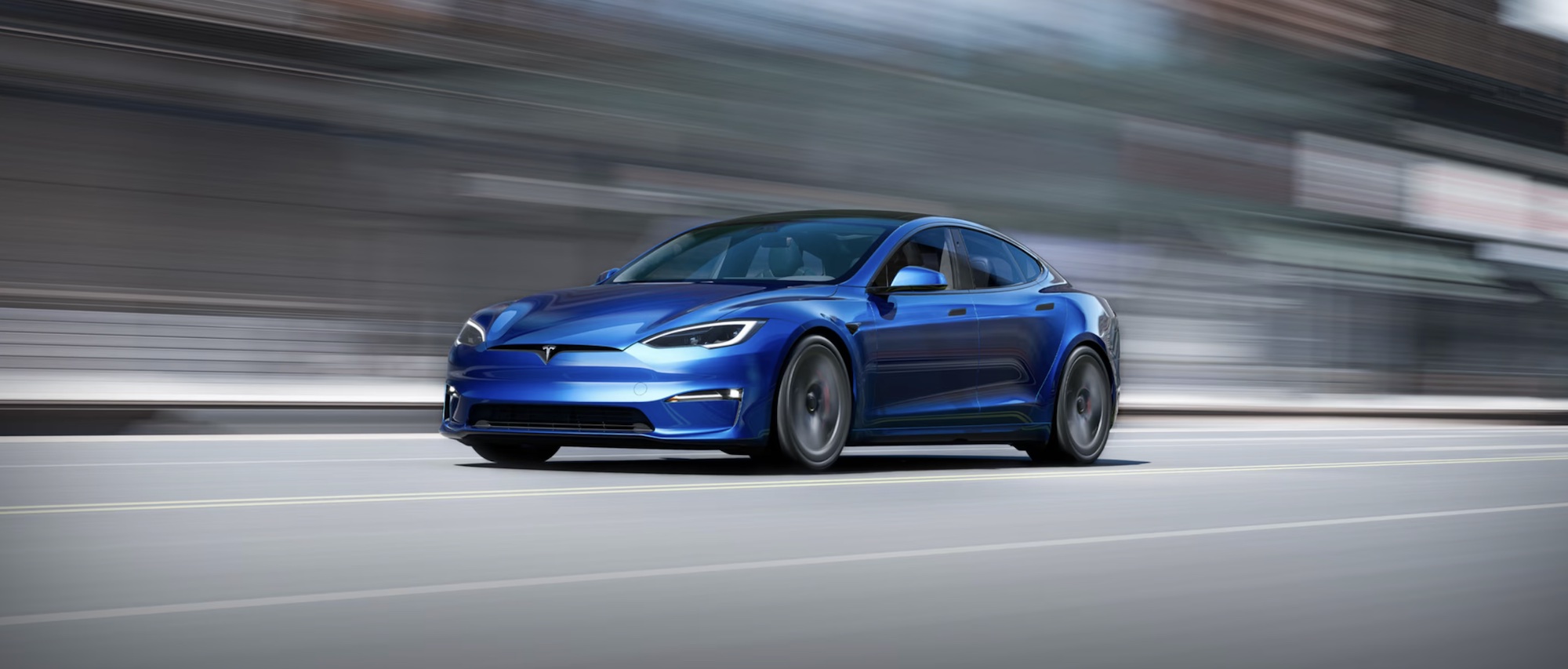|
After two years of investigation, the NHTSA has found that Tesla’s partially automated “Autosteer” system is defective.
Well, the results are out, and the problem is cited to be a big one: Tesla’s “Autosteer” system.

What happened to start the NHTA’s investigation two years ago?
Back in 2021, the NHTSA began an evaluation connected to “over 750 complaints that Teslas can brake for no reason, as well as issues with Teslas striking emergency vehicles parked along freeways.”
While the present recall itself doesn’t make mention of collisions with motorcyclists, the NHTSA’s findings two years ago were connected to two incidents involving motorcycles; one with a Yamaha V-Star, and one with some kind of Harley-Davidson.
In both cases, the Tesla models were reported to have collided with the bikes, and both motorcycle riders were pronounced dead on the scene. In the case of the Harley bike’s situation, the Tesla driver “told authorities that he had the vehicle’s Autopilot setting on.”
It was during this chaos that the acting executive director of the nonprofit Center for Auto Safety, asked the NHSTA to recall Tesla’s Autopilot, citing that the tech “was not recognizing motorcyclists, emergency vehicles, or pedestrians.”
– Michael Brooks, Acting Executive Director, Center for Auto Safety (CBS News) |

What did the NHTSA find in their investigation?
A Preliminary Evaluation and further Engineering Analysis determined that Tesla’s “Autosteer” was not fully capable of ensuring drivers were paying attention, making the system vulnerable to driver misuse; in plainspeak, drivers were being encouraged to use “Autosteer” when there was a danger of:
- Failure to maintain continuous and sustained responsibility for vehicle operation (and/or the driver being unprepared to intervene)
- Failure to recognize when the feature is canceled or not engaged, and/or
- Failure to recognize when the feature is operating in situations where its functionality may be limited, there may be an increased risk of a collision.
The NHTSA recommended a voluntary recall, to which Tesla suggested an over-the-air (OTA) software update.
It should be mentioned here that Tesla did not agree with the NHTSA’s analysis of their “Autosteer” tech:
– “Part 573 Safety Recall Report,” NHTSA (NHTSA) |
As of 2012, Tesla has cited only nine warranty claims to potentially be related to this issue.
For further clarification on what “Autosteer” is and how it has affected this recall, here’s a series of excerpts from the NHTSA’s recall report:
|

Which of Tesla’s models has been affected by this recall?
This fault is currently present in Tesla Y, S, 3, and X models that have been manufactured between 2012 and 2023, with 2,031,220 or 100% anticipated to be affected.
In other words, nearly every Tesla model in America is affected by this recall.

How is Tesla going to resolve this recall?
The NHTSA tells us that Tesla’s agreed-upon OTA software update will be free of charge and “at no cost to customers,” with the first wave of updates having begun on December 12.
The update is version 2023.44.30 and it will purportedly include benefits like:
- Encouraging Tesla drivers to keep hands on the steering wheel and attention on the road
- Potential for increased prominence of visual alerts (depending on the car’s hardware situation)
- Simplifying the engage/disengage of “Autosteer”
- Increase of checks during engaged “Autosteer”
- Increase of checks while using “Autosteer” outside controlled access highways
- Increase of checks near traffic controls
- Eventual suspension from “Autosteer” if the driver fails to show they are using the system properly

What can I do about this recall?
As of right now, Tesla’s already provided the required updates to their Model S, Model X, Model 3 and Model Y vehicles in production.
Expect dealers to have been notified as of December 12 of this year (2023), with owners being notified of this recall later on, in February 10 of next year (2024).
If you find yourself affected by this recall and wish to do your own homework, feel free to contact either Tesla or the National Highway Traffic Safety Administration (NHTSA) Vehicle Safety Hotline at the following contact points:
Tesla Motors
National Highway Traffic Safety Administration (NHTSA) Vehicle Safety Hotline
|
Have you been affected by this recent recall?

